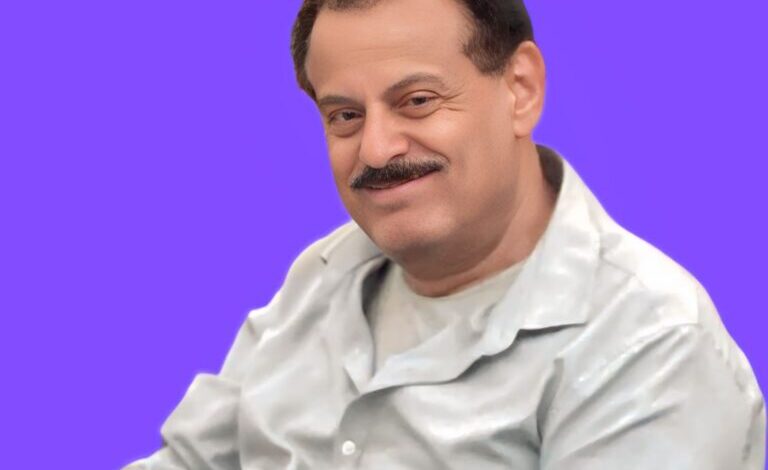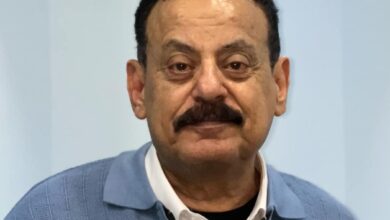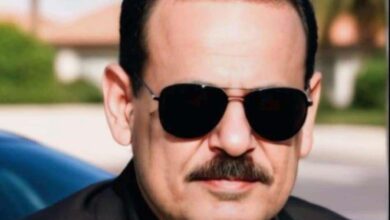Moscow

Yemeni mp
Ahmed Saif Hashed
Moscow, once the capital of the Soviet Union, is now the capital of the Russian Federation. This ancient city, nearly a millennium old, stands as a testament to glory, its majesty echoing through the centuries and spanning millennia. In its presence, we can only bow to its greatness, beauty, and esteemed significance. Moscow is grand in geography, history, and civilization—Europe’s largest city. How can we not bow before a capital that shapes history and culture? Moscow, the birthplace of great luminaries!
For the first time, I witness a city where the architectural legacy spans a thousand years, blending seamlessly with contemporary modernity; a harmonious fusion of authenticity and modernity, of eternity and ephemeral beauty. This union is further enhanced by a flowing, deep river that adds a multiplied elegance, elevating beauty to its zenith—splendor that captivates the soul, spirit, and memory. A marvel upon marvel, beauty upon beauty, delighting in an endless expanse.
Ships, vessels, and ferries—diverse modes of transport and vibrant river tourism; the banks of the river captivate you from the very first glance. I longed to traverse the river’s length, to see the city to my left and right, and to savor an unforgettable beauty, no matter how time might weather it. Awe gripped me deeply, immersing me in a tumult of beauty. Yet, regret loomed larger; the packed itinerary robbed us of such joy, leaving us saddened by this oversight from the planners of our visit.
Each day spent in Moscow reveals something magnificent and grand. Its density cannot be traversed in haste or a mere few days. The Moskva River played a pivotal role in establishing the city on its banks, even lending it its name. This river flows for approximately 500 kilometers.
* * *
Every passing day unveils wonders in Moscow. Beneath the city lie a thousand marvels and surprises, a fantastical world I behold for the first time. I was astounded by the underground metro and rapid transit network. Once measuring around 200 kilometers, it now exceeds 300 kilometers. This network delves to depths of over 70 meters, with some sections reaching up to 300 meters today. Daily, around four million passengers used to ride it; now, that number approaches seven million or more.
Questions flood my mind: Who crafted all this? How did it come to be? How was water beneath the upper layers of earth cleverly managed at such depths? Why does the deep river water not seep into the subway network? How was all this marvel created, leaving you in a profound awe that resonates deeply within your consciousness, lingering throughout your lifetime? All that lies beneath the city is nothing less than a miracle of time, fashioned by a great people.
All the expenses of the trip were covered, and we also had pocket money of $300 each. In that era, this amount seemed quite substantial, especially when converted from dollars to Russian rubles on the black market. Prices in Moscow were low, or extremely low, with many essential goods subsidized by the state. Moreover, transportation on the metro was incredibly cheap. We learned that Moscow was among the few capitals in the world that offered such affordability at that time.
* * *
I, along with a few others, bought some gifts for the hotel staff. The hotel employees exuded innocence and kindness, immersed in simplicity, welcoming strangers with warmth and genuine interest, dissipating any sense of loneliness. You could see joy radiating from their faces as you presented them with humble tokens, which in their eyes were truly valuable.
Their eyes transported me back to my high school days when I studied the poem by the French critic, novelist, and poet Louis Aragon, who sings of the eyes of his Russian wife, muse, and beloved, named Elsa, after whom he titled his poetry collection. In this collection, there is a poem aptly named “Elsa’s Eyes,” which includes the following lines:
Your eyes, so deep, as I bend to drink from them,
Reflect every sun, a radiant gleam,
Where the hopeless cast themselves to death,
In the profound depths of your gaze, I lose my memory.
Then he says:
“The expanse of the heavens is far too small
For the millions of stars that your eyes and their twin enchantments require.”
However, the surprise for me was that one of the hotel staff and her companion knew nothing about Yemen—not even its location on the map, neither to the south nor the north. This was a source of astonishment for me. Why do we follow so many details of the world, including theirs, while they seem less concerned and less interested in us?
I had been closely following news and events from around the globe, despite not yet reaching the age of eighteen. I kept up with the details of international solidarity, the socialist system, and the capitalist world, as well as the national liberation movements in Asia, Africa, and Latin America.
Moreover, we studied the history of the global labor movement in military college. I had also read about great Russian writers like Dostoevsky, Gorky, Tolstoy, and Chekhov, along with theorists such as Lenin, Bukharin, and Trotsky. Yet, the question remained: why did they know nothing about our country? Was it limited to these two women, or was it a broader ignorance?
Initially, I thought everyone was oblivious to Yemen, but that perception shifted during formal meetings with some Russian officials and in the conversations that flowed amid feelings of warmth and friendship after dinner.
They spoke of Democratic Yemen with great affection and deep respect, often highlighting the friendship between Democratic Yemen and the Soviet Union, and the spirit of international solidarity. We, too, expressed our admiration for the Soviet Union and the support it extended to Democratic Yemen, discussing the friendship of peoples, the socialist system, and international solidarity, while condemning the ugliness of capitalism and the reactionary forces that supported it.
* * *






